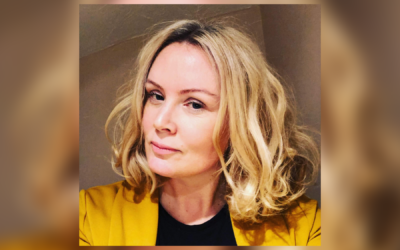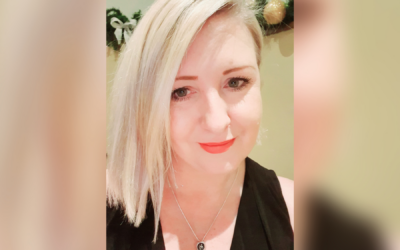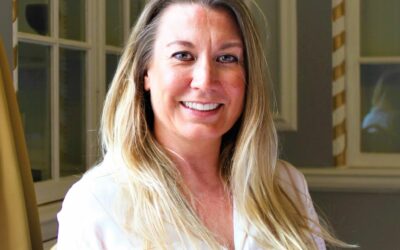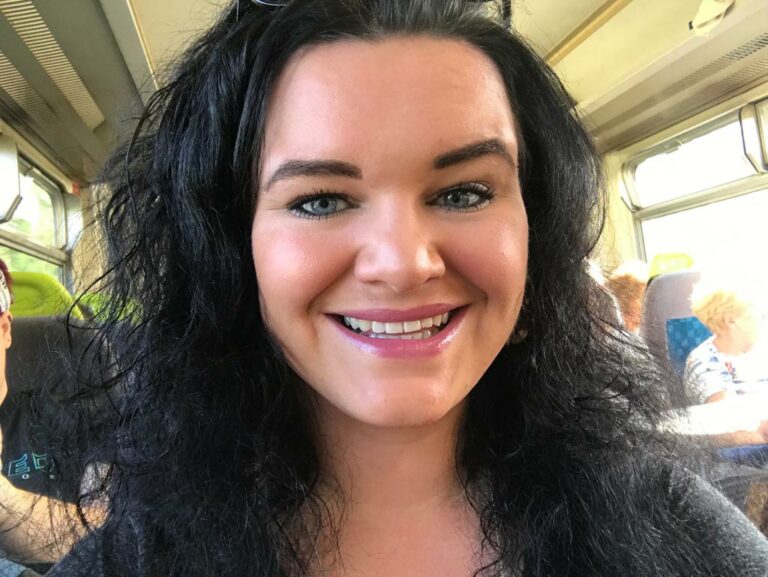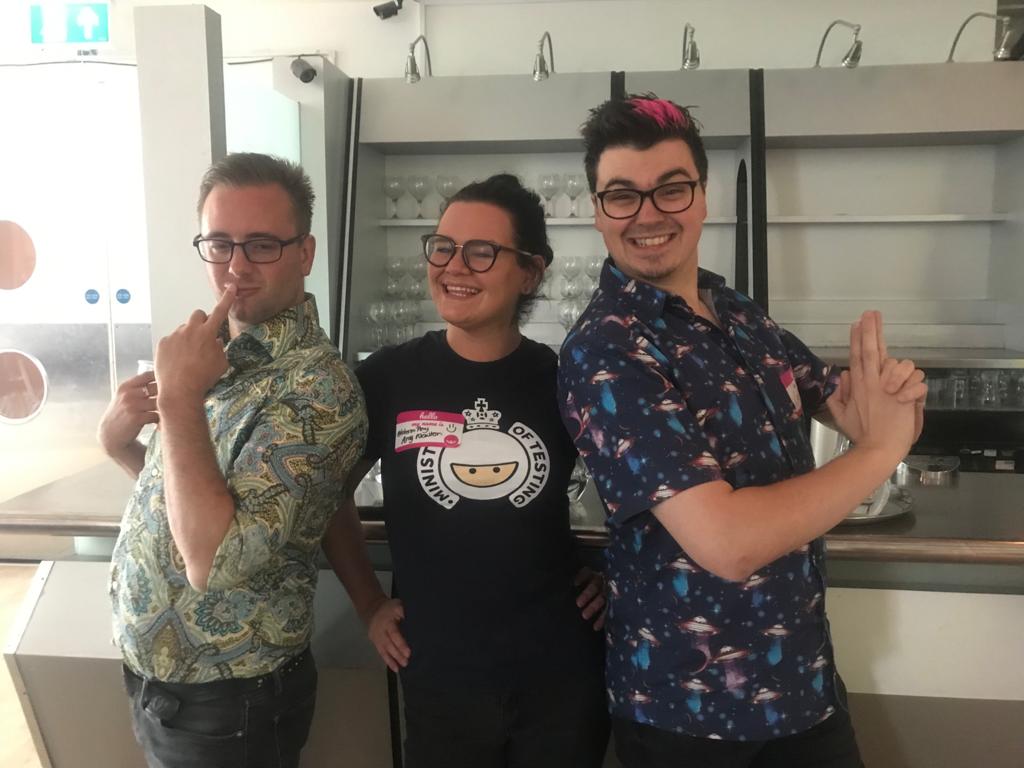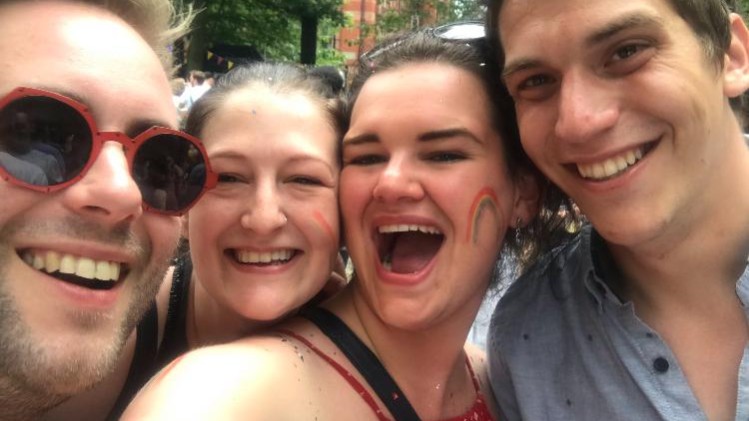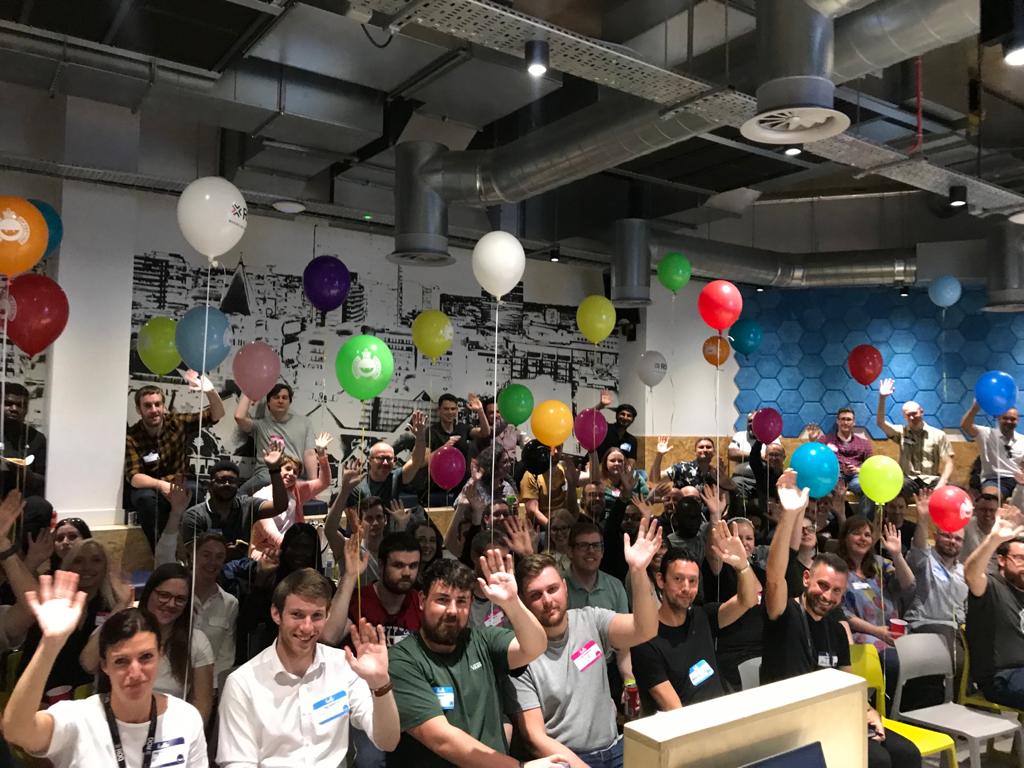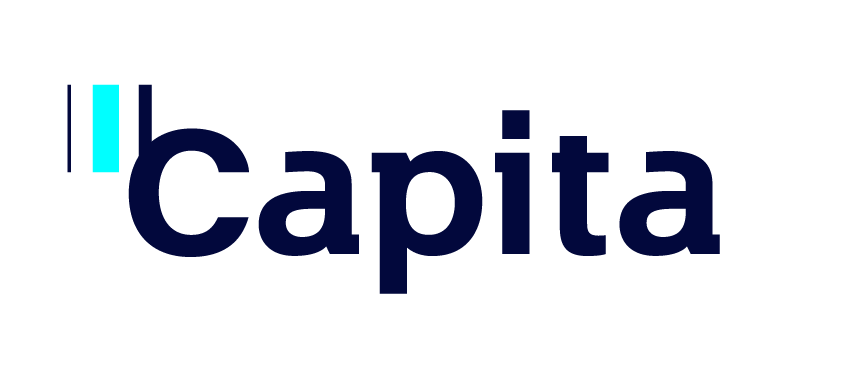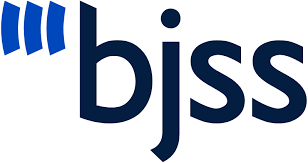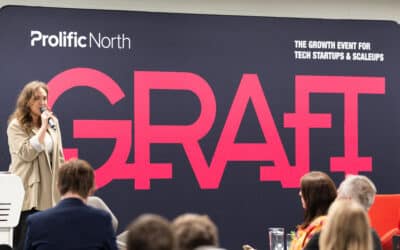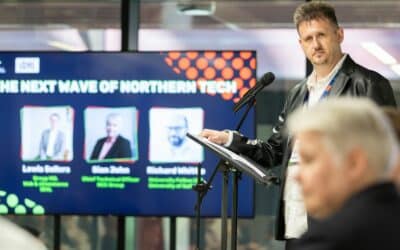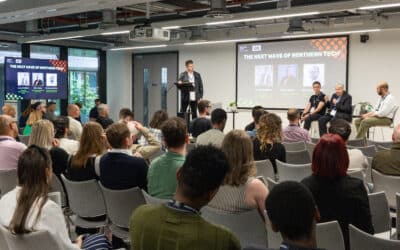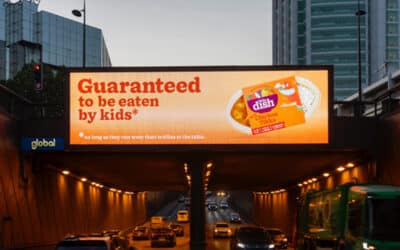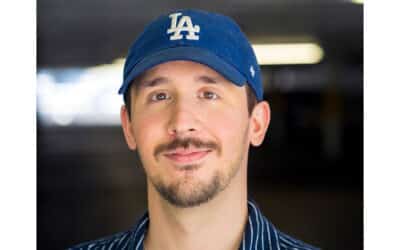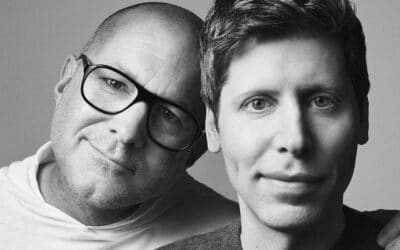Amy became chief-organiser of the Manchester Ministry of Testing meetups last year
Her early involvement with Manchester’s grassroots technology scene went hand-in-hand with her own development as a recruiter. “A big part of it was the socializing beforehand and afterwards,” she said. “I would speak to candidates that previously were just a name and a CV and find out that they’ve got husbands and kids and mental health problems of their own.”
She vividly remembers how she thought recruitment at that time did nothing to support those who were suffering from things like anxiety or depression. Amy described: “When I was recruiting, I would sit next to other recruiters who would ring a candidate six times from an unknown number.
“If you’re someone with anxiety like I had, I panic straight away when I get an unknown number calling and I can’t answer it.” Reflecting on when her own medication changed, which meant she only had six hours a day in which she could perform at her best, she said 6pm interviews in front of four interviewers are a major stress point for many seeking employment. She says her perspective “enabled her to have far fewer candidates drop out of interviews or ghost her.”
Launching her own company
After almost 10 years of recruiting tech talent in Manchester, she launched Inclusively Tech last year. Companies pay Inclusively Tech for training on how to recruit directly, with a particular focus on getting people with anxiety, depression, bipolar, ADHD, Aspergers and more into digital. Amy’s finally been diagnosed with Bipolar 2 and says the medication is really helping.
Acknowledging the 12-month waiting list for those looking for mental health support from the NHS, she says “it’s so important that companies start providing workplace support in some way, shape or form.”
Highlighting initiatives by companies like Digital Interruption, who provide their staff with unlimited paid mental health days, Amy believes some companies do want to be more inclusive. She advises them on how to ensure interview processes and cultures are inclusive. “It’s 100% on the companies to ensure a better gender balance in the workplace, to be more diverse, and be more inclusive.”
“If you’re wanting to get into the tech world, testing is the least intimidating and it’s the most inclusive.”
“I strongly believe that companies now, certainly in Manchester, can do 80% of the recruiting directly by themselves. Inclusively Tech helps them learn how to do that,” she says. The company is in the process of launching a 12-month programme solely focused on helping people with mental health issues in Tech in Manchester, and already has corporate companies interested in sponsoring it.
Ministry of Testing
As Chair of the Manchester division of Ministry of Testing, she knows what an inclusive grassroots community looks like. “There’s nothing taboo about mental health in the software testing world,” she says proudly. “Anyone can become a tester with enough training – if you’re wanting to get into the tech world, it’s the least intimidating and it’s the most inclusive. The reason that we have sold-out events is that it’s run by the testers themselves.”
A Ministry of Testing gathering in Manchester
The organisation, which started in Brighton and now has meetups in 80 cities across the world, is about to launch Ministry of Testing Essentials in Manchester, a free classroom-based learning programme, which will join a raft of other free events in the city to help boost the local tech talent.
“But, the two main problems we’ve got in Manchester are that we’ve not got enough talent in digital, and the talent that we have got, tends to be straight white middle-aged men. Which is fine… to an extent.”
Amy explained the paramount importance of a diverse testing workforce by referring to industry examples such as the UK gym that assumed everyone with Dr. as a prefix was male, or the soap dispensers in America that didn’t recognise the hands of black people.
“
The companies that are the most financially successful across the western world, have boards and the teams are more diverse. They make digital products, tested by a diverse team, that end up being more accessible.
1
The Manchester Trifecta
Looking more broadly at the Manchester tech ecosystem, she outlines her ultimate goal by drawing a triangular diagram in my notebook. In one corner, she draws the grassroots tech community, describing it as “cliquey, principled, and we enjoy eating pizza at a bar in the Northern Quarter”. There are over 140 volunteer-run events in this space annually. It’s a hotbed of creative digital talent.
In the second corner, she writes what she describes as ‘tech adjacents’, the “movers and shakers who make things happen”. In this corner, facilitators operate to help startups get the funding they need, they involve themselves in both the grassroots circle but they also connect with the third corner – the people or groups who hold the power.
In the third corner, she writes the names of VC firms, government bodies, media outlets and investment groups. She says that figures like Naomi Timperley and Trish Keating, both of whom are also on the DCF steering panel, tend to operate in multiple places on the diagram to help the ecosystem grow. She adds: “Naomi is the reason why countless startups have received funding and not failed in their first year and the initiatives Trish has brought in have definitely helped make a real difference to SMEs.”
Amy’s named this whole thing the “Manchester trifecta” and draws arrows from corner to corner, showing how different sections of the ecosystem interact with each other. The grassroots community, “with their liberal mindset and hoodies, want funding from the power-holders at the top but they don’t speak the same language, and they certainly don’t wear suits. Those with the money are on the hunt for things to fund, and there’s so much going on in the grassroots space. That’s where the facilitators come in.”
“
I’m not saying they should all be made to work closely together, but if they all come a little bit closer to the middle of this triangle, then they would all have a better understanding of the important roles they play.
1
She ends by saying: “Maybe one day, we will have someone like Andy Burnham coming to a FemaleFounders event, or eating pizza with the techies in their hoodies. That’s my goal, to bring them all a bit closer together so they can help each other even more.”

